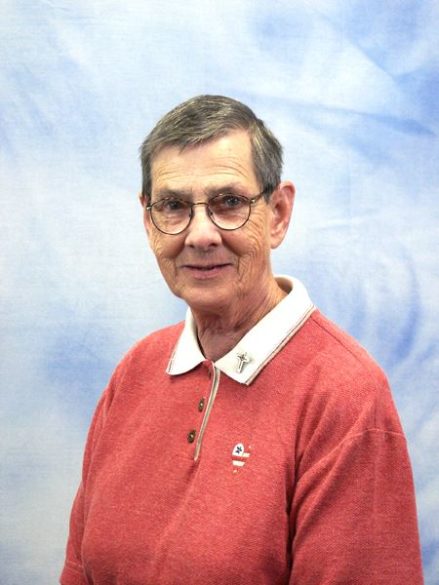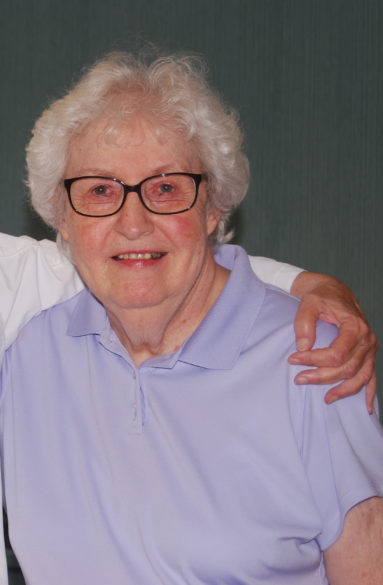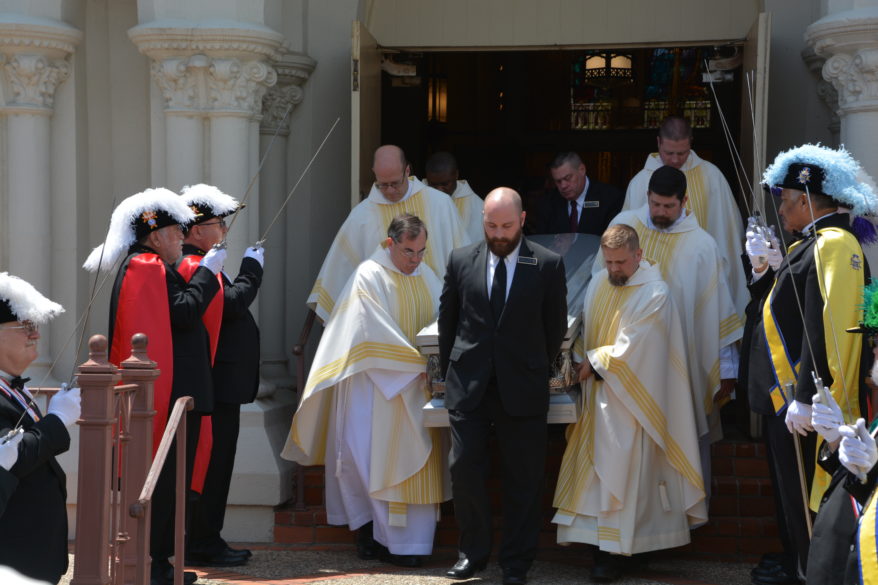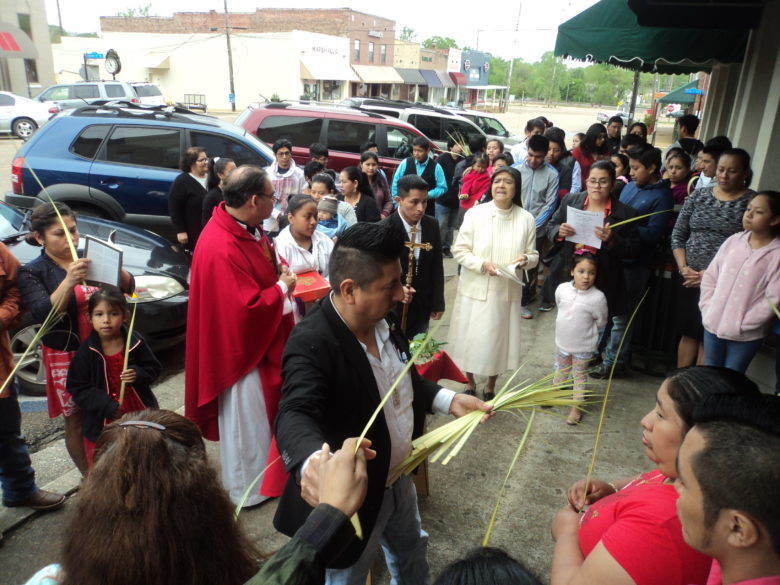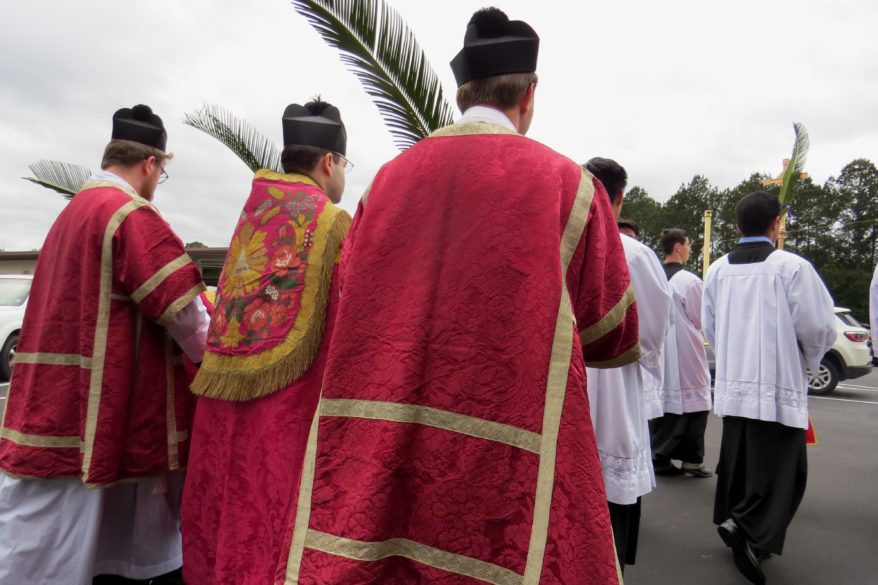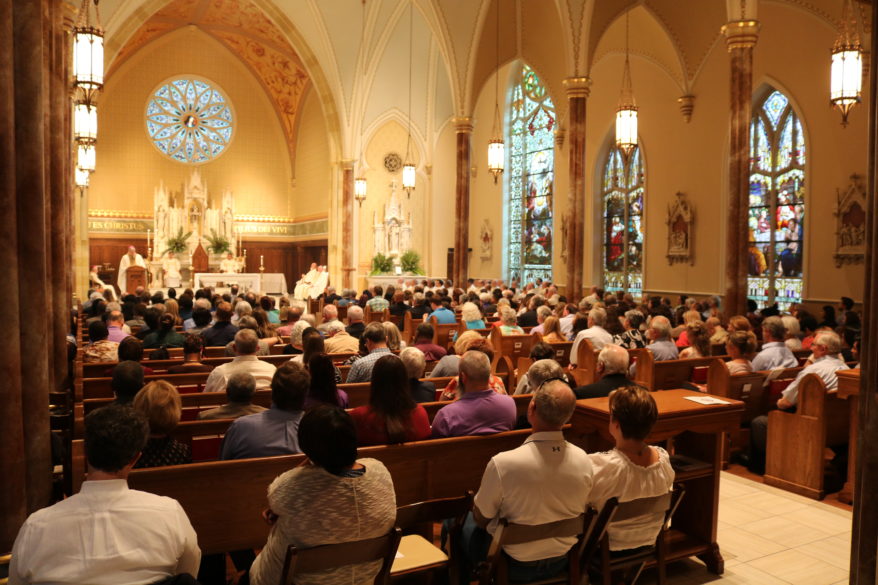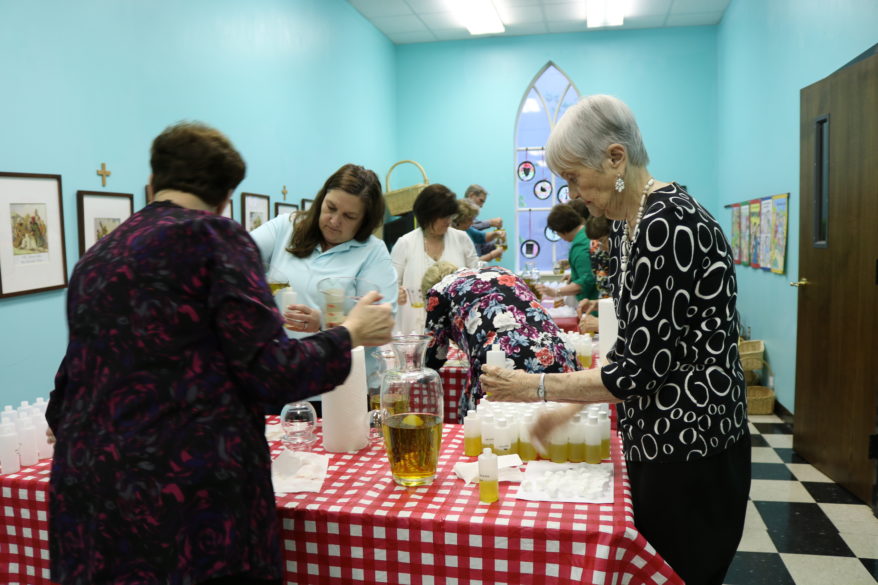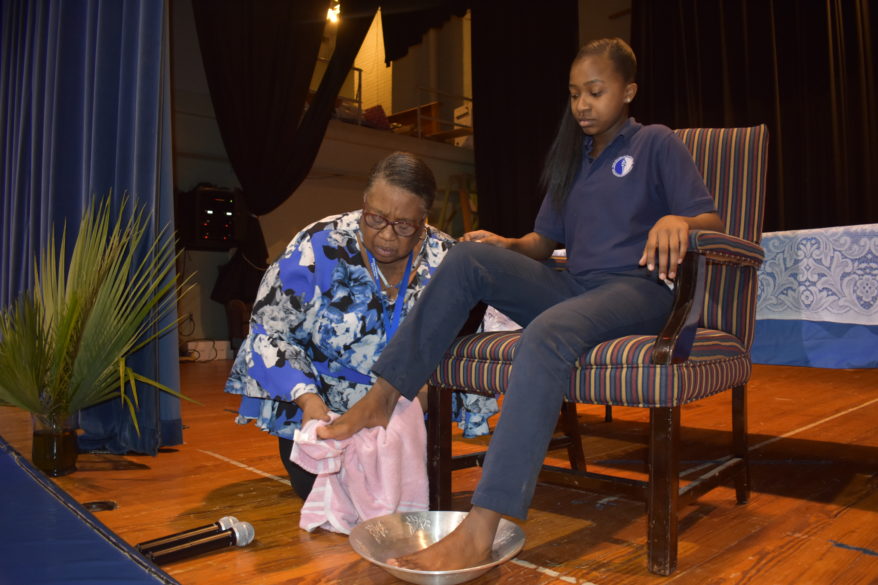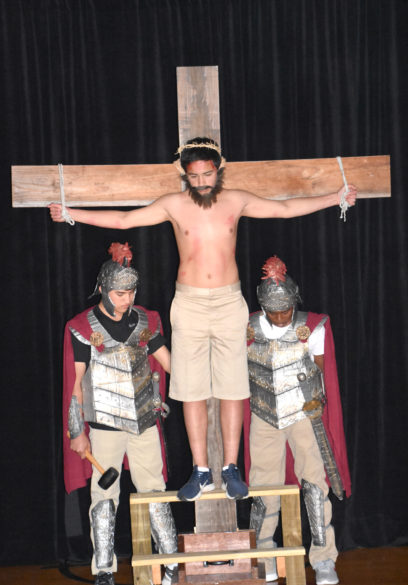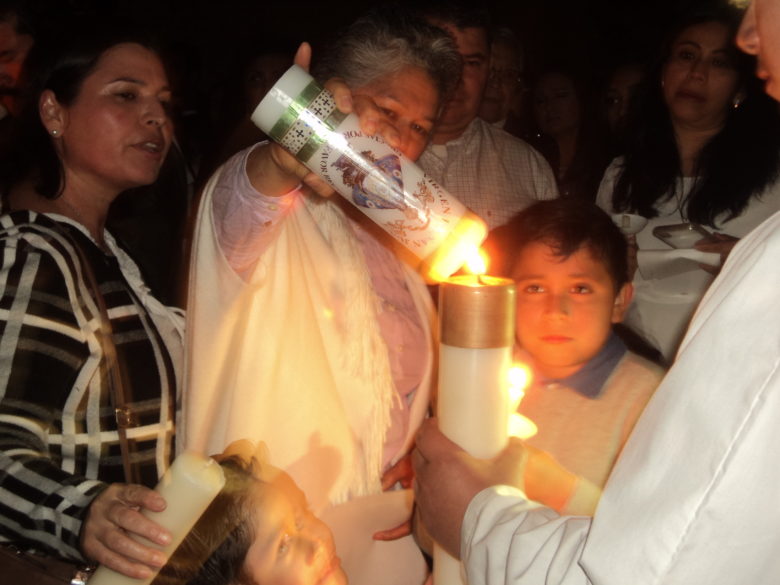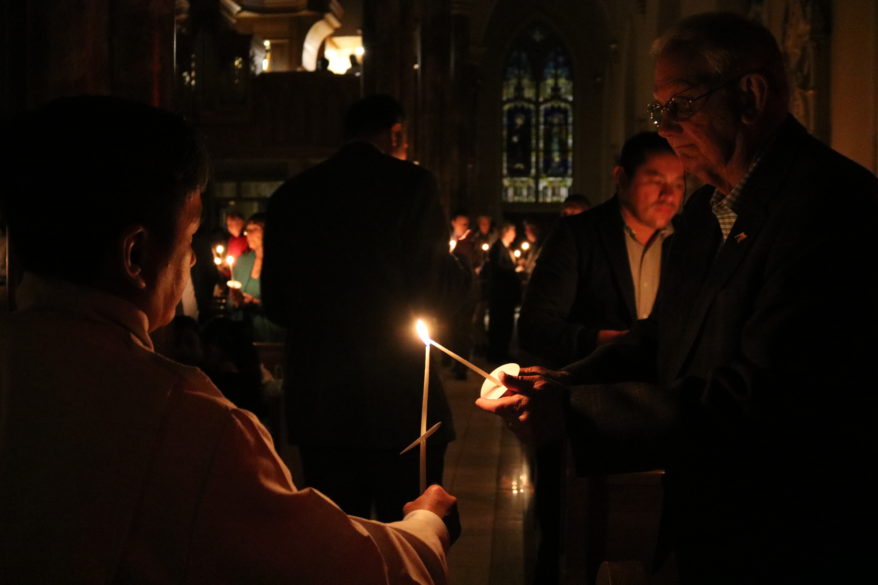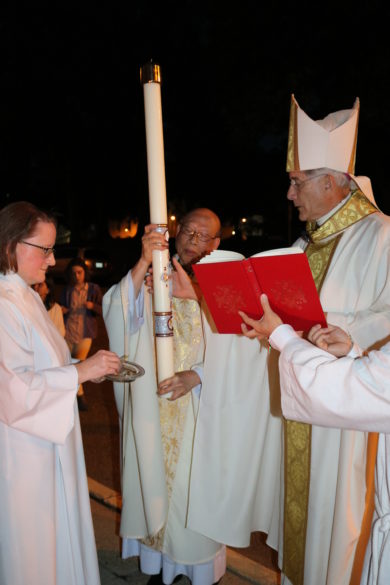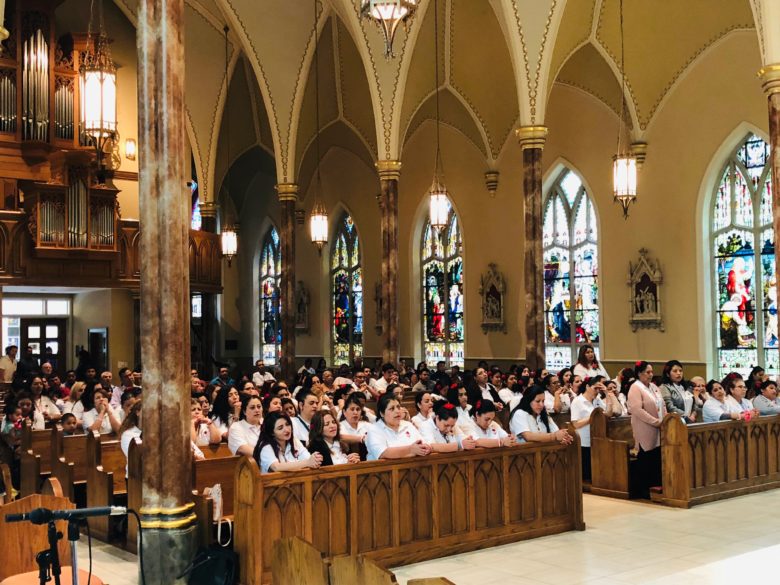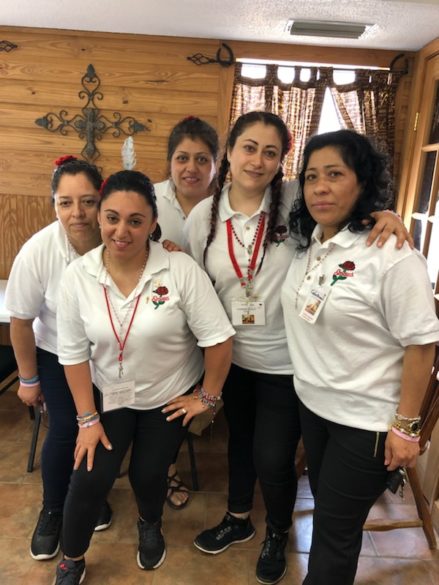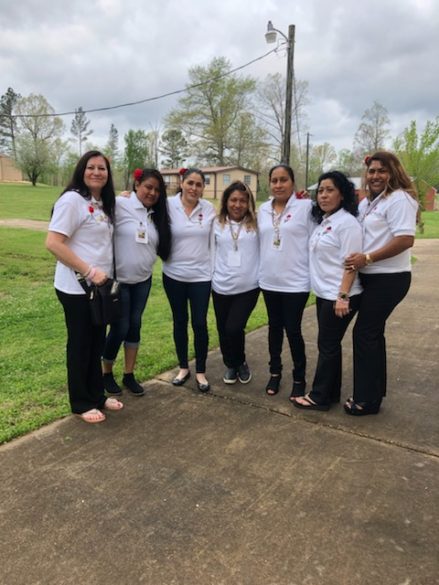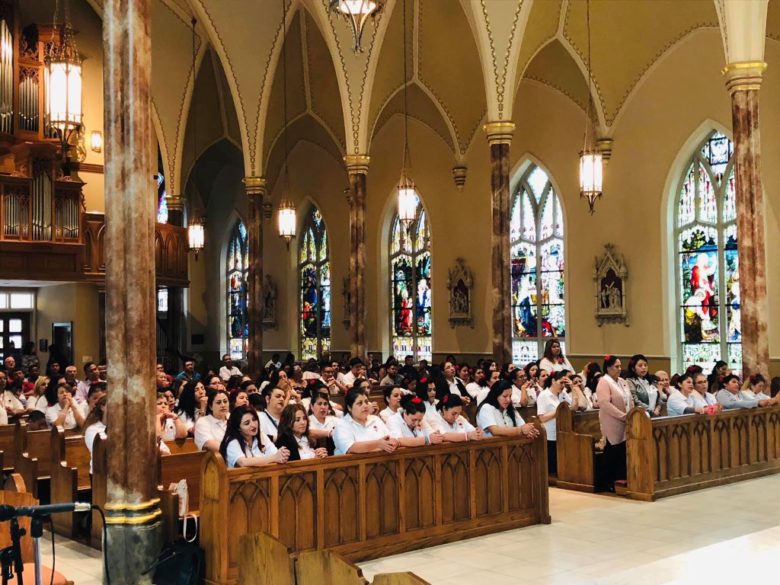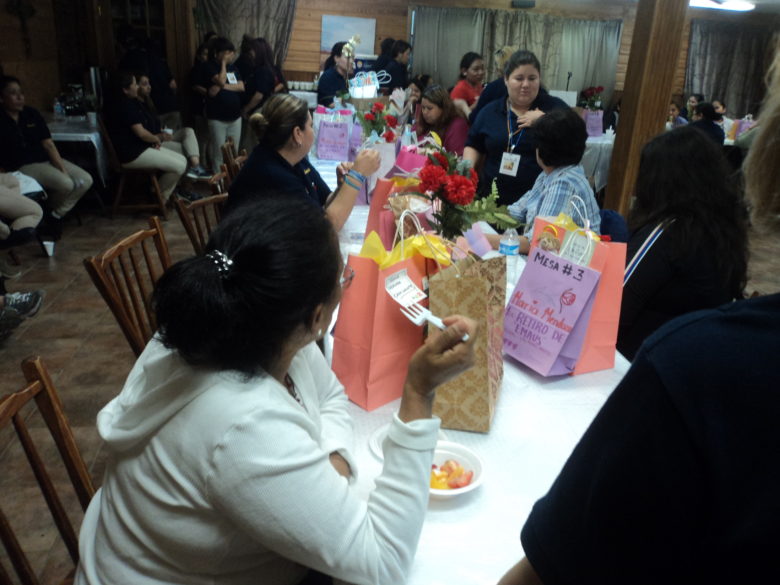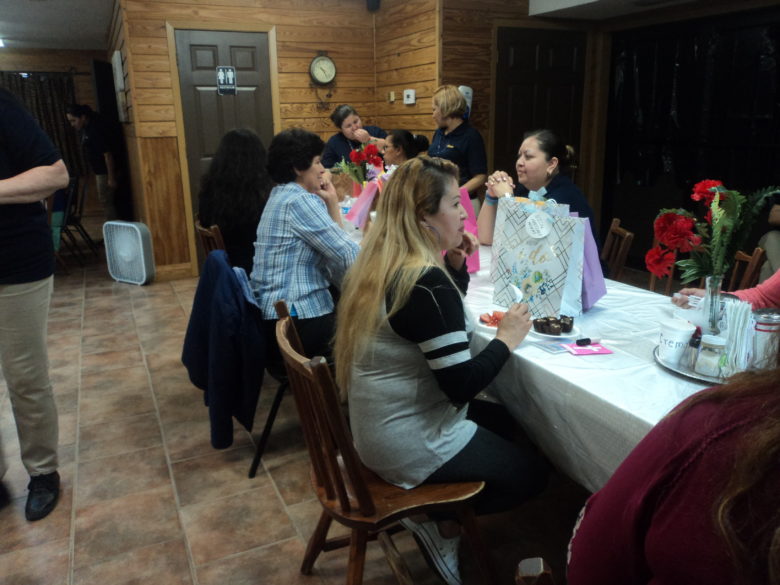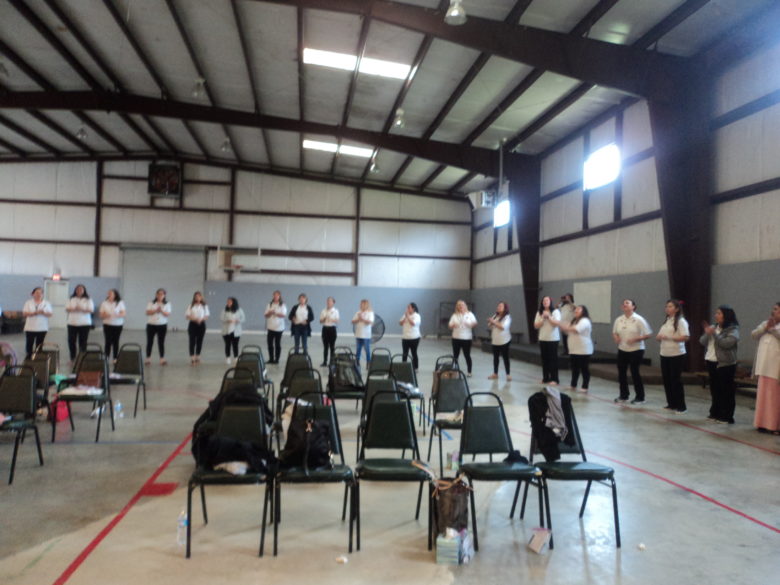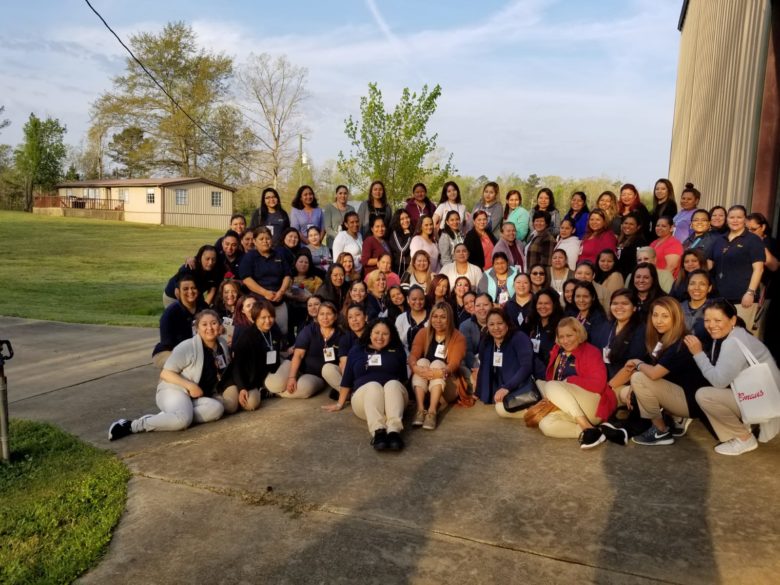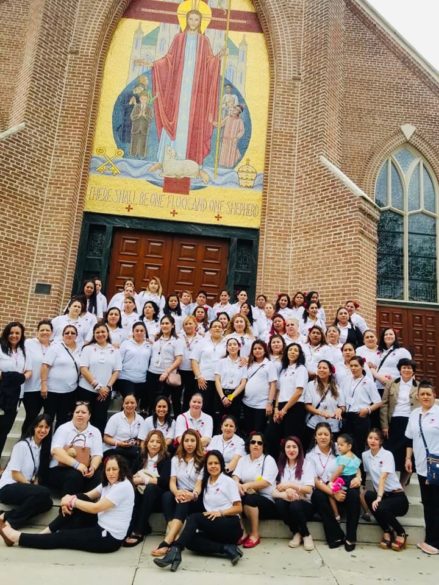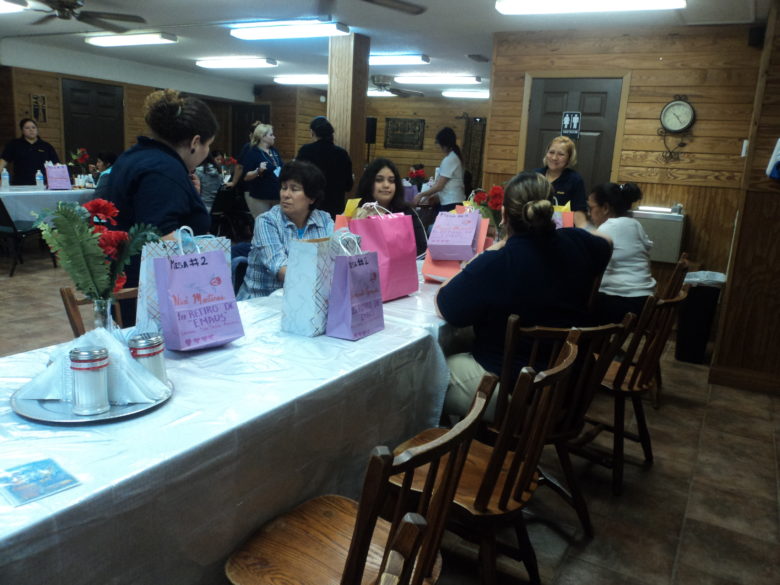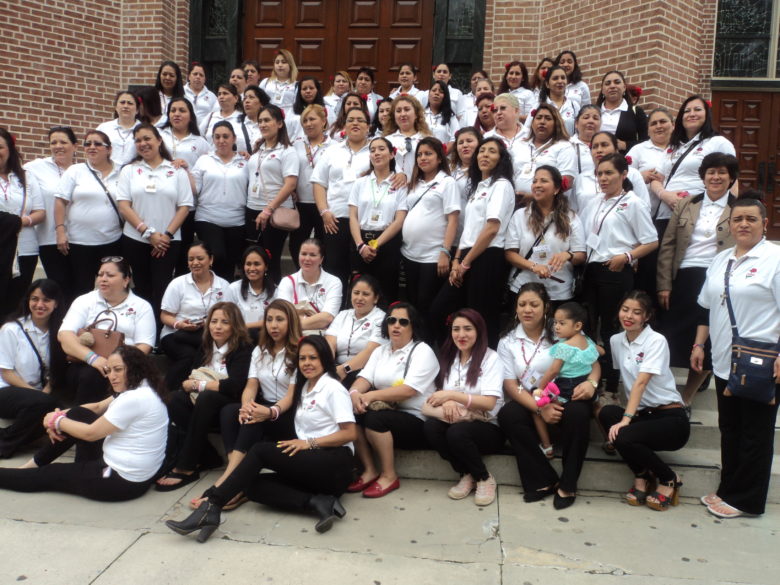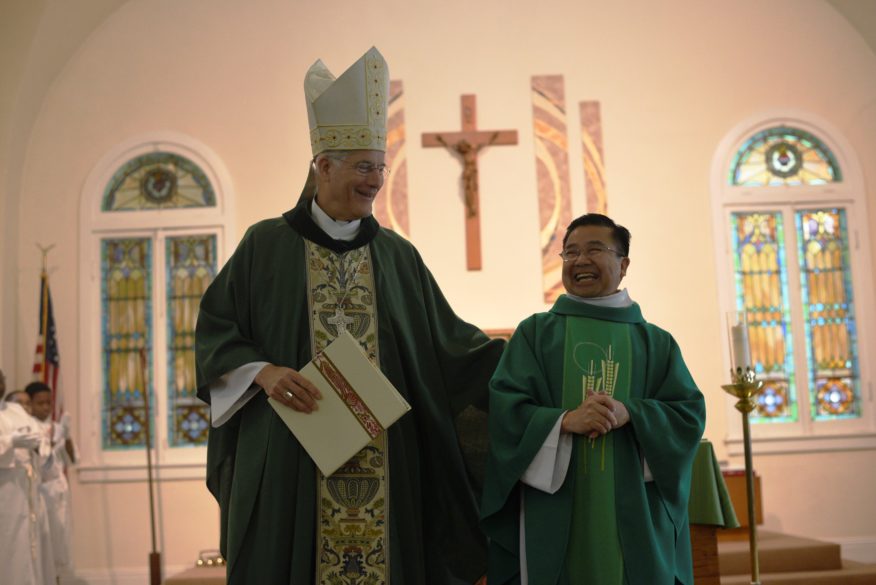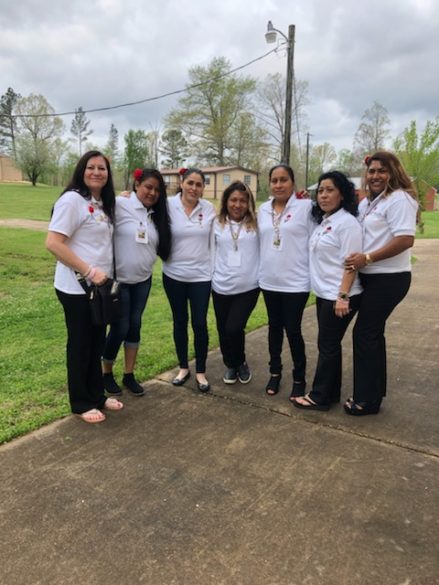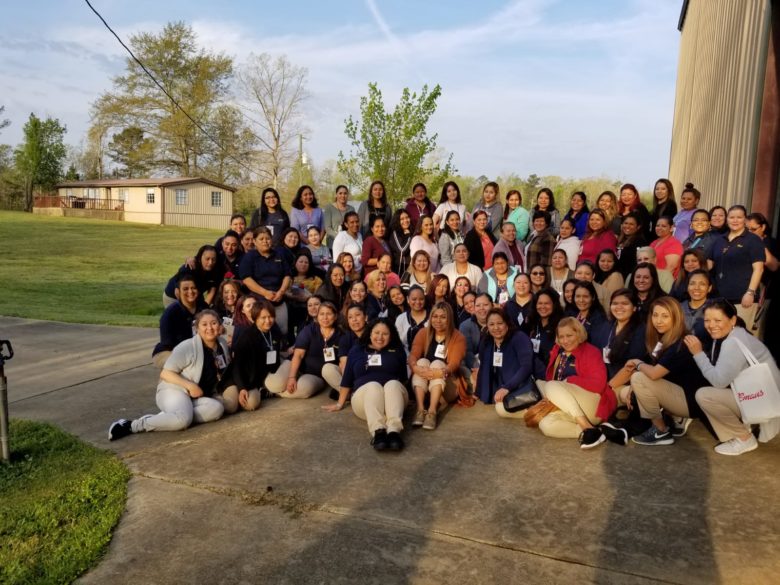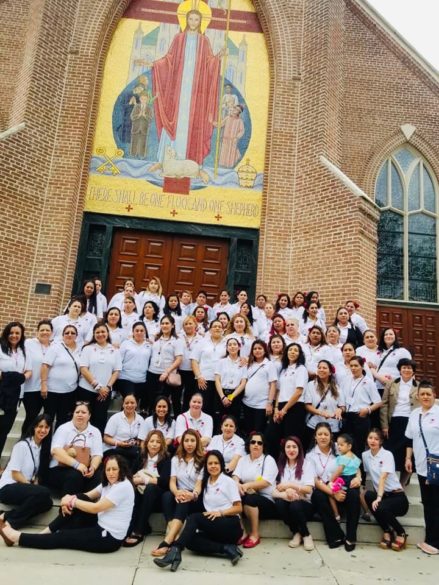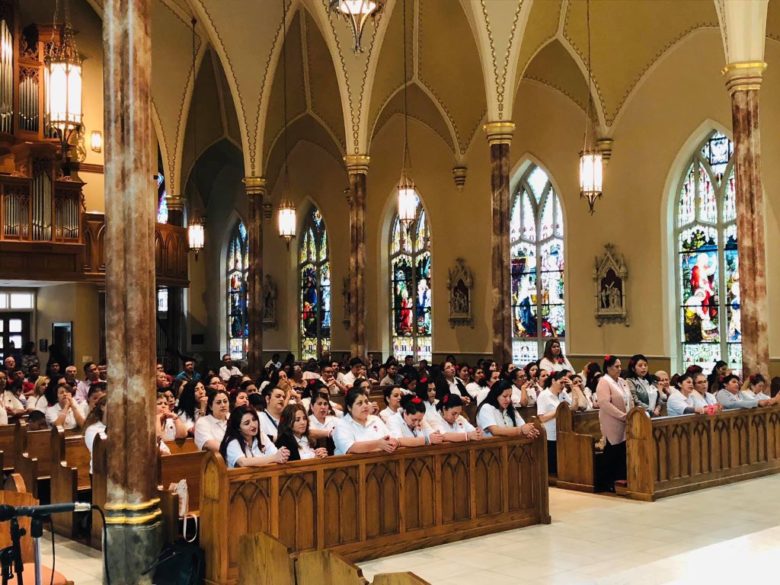Editor’s note: April is National Child Abuse Awareness month. Both editions of Mississippi Catholic will be dedicated to the issue. It includes local and national perspective on abuse and abuse prevention including stories from a Catholic News Service special series: Children at Risk.
By Dennis Sadowski
WASHINGTON (CNS) – Their work begins with a phone call.
Whether the call is from someone who is angry, embarrassed, unsure of what to do or needs a friendly ear, diocesan and eparchial victim assistance coordinators are the face of the church’s response to victims of sexual abuse by a church worker – clergy or otherwise.
It’s a line of work that is public in one sense but not all that well known in another. While their names often appear in parish bulletins, the faithful aren’t always sure of the role they play in the life of the church.
Most importantly though, coordinators told Catholic News Service, theirs is a ministry built on compassion, created to show that the Catholic Church wants to help people in their recovery and reconciliation after an appalling violation of their human dignity.
“It’s about listening and communicating and identifying needs,” Kathleen Chastain, victim services coordinator in the Office of Child and Youth Protection in the Diocese of Kansas City-St. Joseph, Missouri, said of her work.
“There are calls now and then where people are just angry and venting, but the vast majority are people who are trying to find the way to reconciliation,” said Frank Moncher, a clinical psychologist who is victim assistance coordinator in the Diocese of Arlington, Virginia. “They’re hurt, they’re wounded. They’re obviously upset about the way things were handled in the past. But here they are looking for a way of finding peace.”
For Heather Banis, a clinical psychologist who is victim assistance coordinator for the Archdiocese of Los Angeles, the idea of ministry is foremost in her work.
“My sense is that this is doing the right thing. When we couple what we do for healing with what we do for prevention, I feel like we’re moving steadily to a safe and more authentic response in regard to prevention and recovery needs,” she said.
The position of victim assistance coordinator was established in the “Charter for the Protection of Children and Young People” adopted by the U.S. Conference of Catholic Bishops in response to the sexual abuse crisis that exploded in 2002. Article 2 of the charter states that “dioceses/eparchies are to have a competent person or person to coordinate assistance for the immediate pastoral care of persons who report having been sexually abused as minors by clergy or other church personnel.”
Deacon Bernard Nojadera, executive director of the Secretariat of Child and Youth Protection at the USCCB, said all 197 U.S. dioceses and eparchies have such a coordinator in place.
“In some cases, these are actually diocesan employees. In some cases, they are using an outside third party like Catholic Charities or a local mental health agency to provide these services. But there is someone they (survivors) can connect with, that can accompany the survivor victim on their journey toward healing,” Deacon Nojadera said.
The Diocese of Jackson’s victim’s assistance coordinator, Valerie McClellan, is a licenced counselor who heads up the Solomon Counseling Center. She and her staff are trained in trauma therapy for both children and adults or refer a victim for other appropriate treatment.
Victim assistance programs are meant to show that the church cares about abuse victims, he added.
“Opening transparency is a big thing that needs to be carried out. Victim assistance coordinators are one way that that’s being carried out. They’re communicating that they’re promising to protect, promising to heal,” he said. “The victim assistance coordinator is one of the ways that the church is doing that, one of the ways of helping the bishops keep that promise of transparency.”
Banis, Chastain and Moncher know that when a victim reaches out to their office, it is a high bar to get over. Victims may have self-doubt, serious unmet mental health needs or skepticism that the church really will help. No matter the situation, they credited survivor victims for taking an important step.
“Somebody on their first call, it may be very unsettling. It’s not easy. It’s hard to do. There’s a lot of anxiety about that,” said Banis, who has been in her role since 2016 and has worked with the Los Angeles Archdiocese assisting with abuse claims for a decade.
Chastain, a onetime business consultant whose work in abuse awareness and prevention at her parish led to her appointment as coordinator, has been in the position for three years. She works side-by-side with an independent ombudsman in determining a survivor victim’s needs. The ombudsman is charged with understanding the facts of the allegation while Chastain’s role is to support the victim.
“We could accompany them to the police for a statement and pulling in any professional counselor or spiritual adviser. Sometimes it’s sitting with the bishop. And it’s figuring out what it is that they need to help them on their journey,” Chastain said.
“For the most part, the victims are very grateful (for what we do),” she added.
Moncher, in his position for six months, said he has found that most of the survivors who call the office are “people of strong faith.”
“They’ve been asked, ‘Why haven’t you given up on the church?’ Their answers have been, ‘It’s the people who made the mistake. The church is still the church,’” he said.
Such deep faith in the church has been inspiring for the coordinators. They said that while survivor victims want justice from the church, they also desire to stay connected with the broader Catholic community, the body of Christ.
In some cases, the coordinator’s office regularly convenes support groups of survivor victims. In Arlington, the gatherings differ from meeting to meeting. One may offer advice on healing and the next may be a holy hour of prayer and reflection.
“The benefit of the group is fighting against the isolation that they feel when they’re going through this, Moncher said.
Banis keeps a list of survivors whom she can contact to air ideas for outreach and programs for support. “We are doing our best to stay relevant and authentic in these efforts,” she told CNS.
The coordinators agreed that the entire church has a role in helping abuse survivors achieve healing and reconciliation and working to help perpetrators face the harm they have committed.
“We’re the body of Christ together and that we as a community can heal together if we recognize each and every member and hold those who have harmed accountable in a reconciliatory manner,” Chastain said. “And we need to believe and validate and support and care for these survivors, who, even if they’ve left the church, are a part of our community.”
Banis closed by offering advice to those who criticize survivor victims for waiting years to report their abuse.
“I want people to take a moment to think about what it would be like to be a child and to have heard from their parents that this person (abuser) is one of the most respected persons you will ever meet and a representative of God,” Banis said. “To be harmed by that person, perhaps threatened by that person or perhaps in some way made to feel complicit is a powerful deterrent to a small child who is afraid, who has been frightened and is afraid of what could happen next and who has been told not to be expected to be believed.
“This is something that changes people’s lives. It changes what they feel about themselves, their families and certainly how they feel about God.”
She continued, “I want to caution people before we’re quick to judge and dismiss and ask, ‘Why now?’ Just remember what it’s like to be 6 or 7 years old or 12 or 13 years old and to be caught up in something you cannot possibly understand. I just feel like we need to have more compassion.”
Banis added, “It’s a community effort to live up to our responsibilities to make the healing begin.”
(Follow Sadowski on Twitter: @DennisSadowski)
